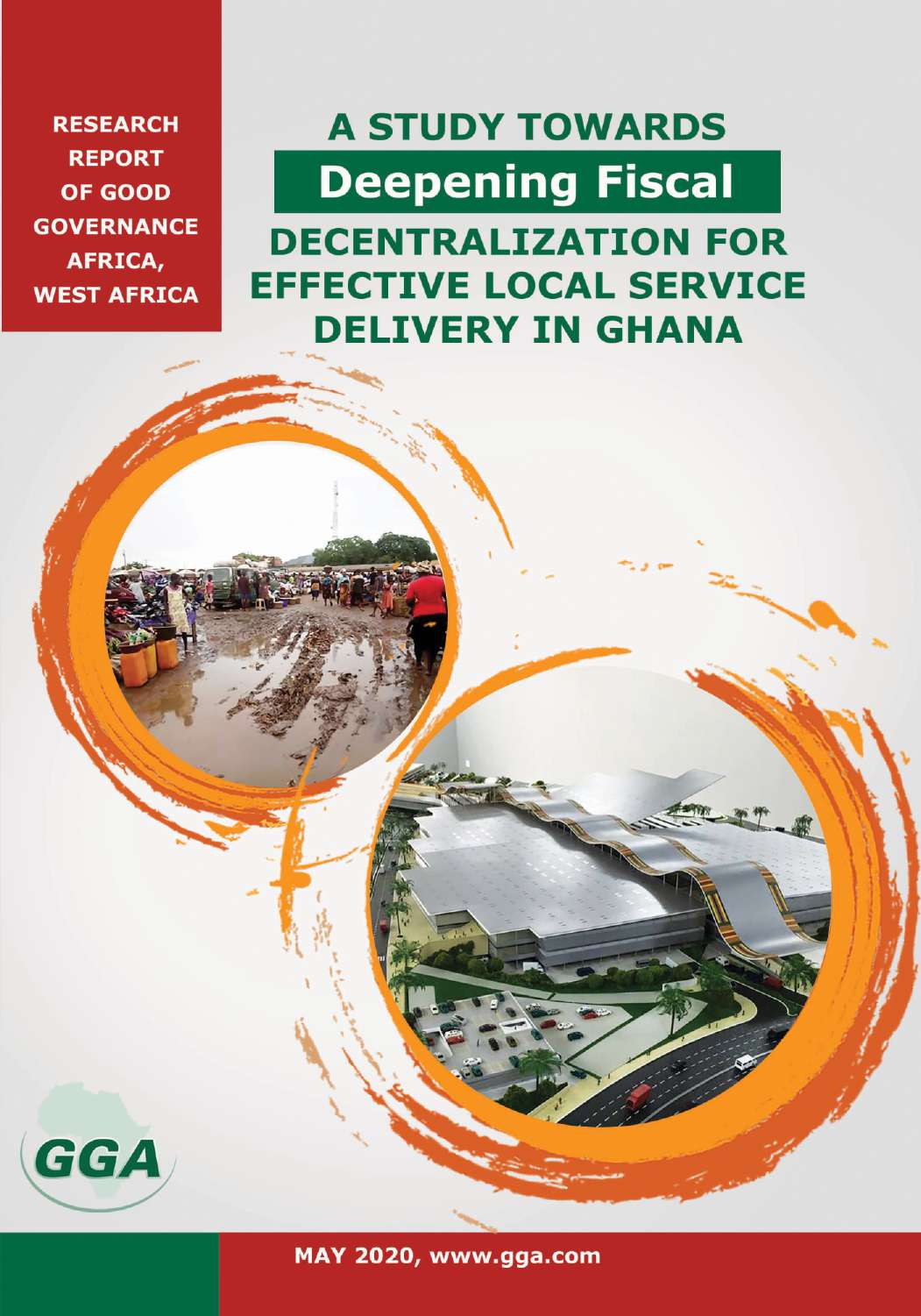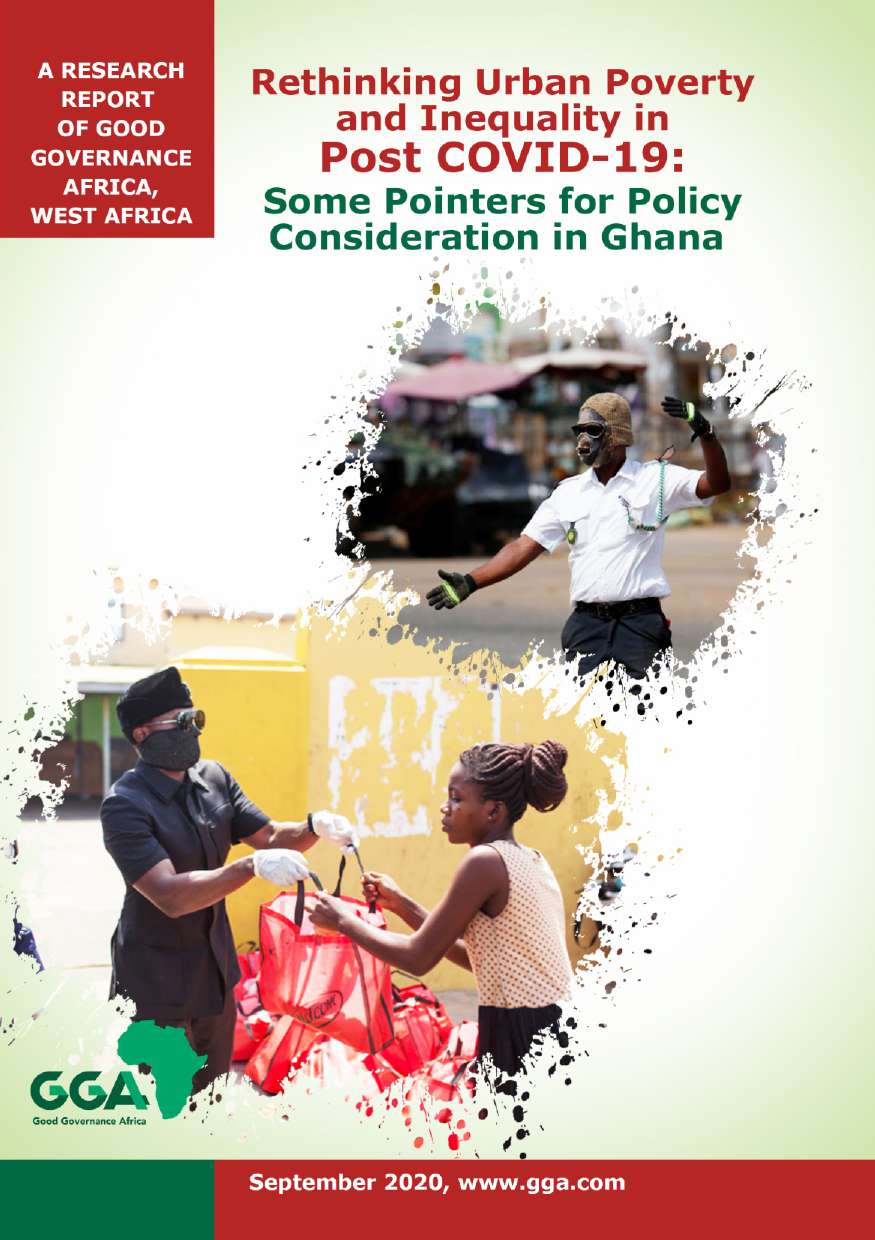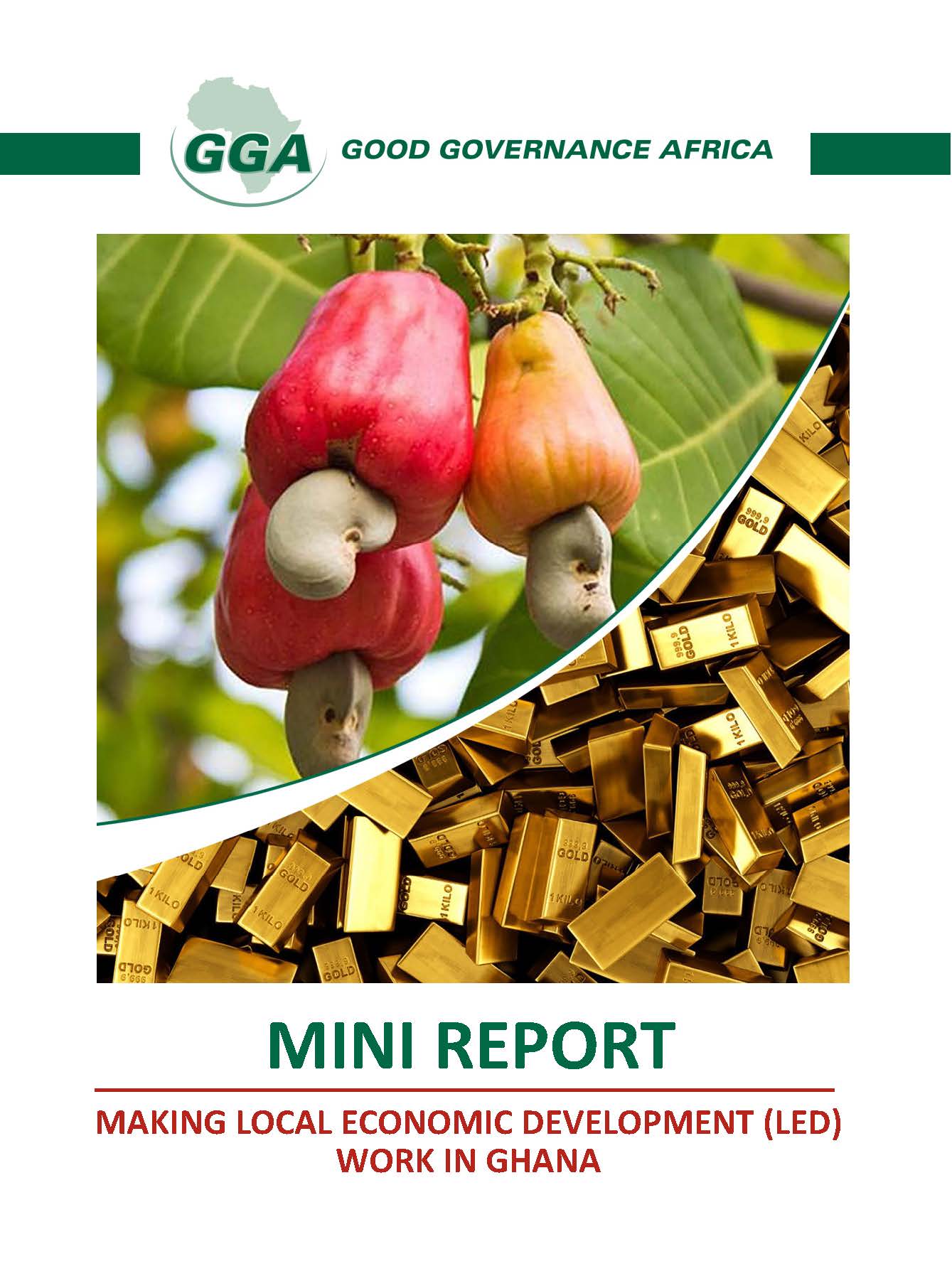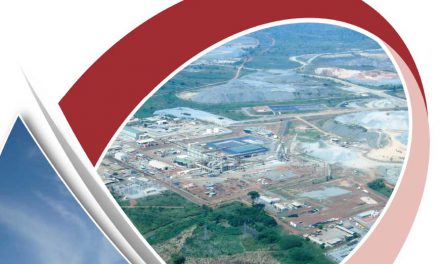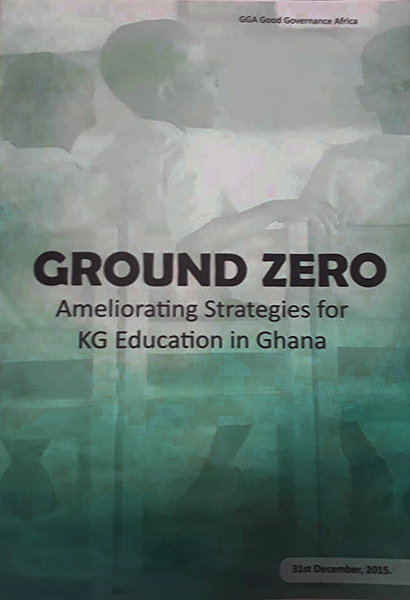Decentralization For Effective Local Service Delivery in Ghana
A study towards deepening fiscal decentralization for effective local service delivery in Ghana
Evidence suggests that local governments are unable to provide high levels of public goods such as roads, electricity, sanitation, education, schools, health, and recreational facilities mainly due to their inability to mobilize adequate resources. There is however no consensus among policymakers, governments and scholars on how best to promote greater revenue mobilization by local governments and make adequate fiscal resources available to them to deliver services.
In the case of Ghana, part of the explanation to this problem is our inadequate understanding of how Ghana’s fiscal decentralization reforms work. Our inadequate understanding is also mainly explained by the processes and approaches used by many existing studies that do not give adequate room for the voices of the implementers of the policy. The need to deepen our understanding of Ghana’s fiscal decentralization reforms through the lenses and voices of the implementers of the policy has become apparent.
This is where Good Governance Africa seeks to contribute to this process by providing insights into how best to make Ghana’s fiscal decentralization reforms work. The major objective is to increase revenues to Metropolitan, Municipal and District Assemblies (MMDAs) by addressing the key constraints in the fiscal decentralization process. Ultimately, the findings will help policymakers to design more effective policy tools to help MMDAs raise adequate revenues and increase productive public expenditures at local government level.

